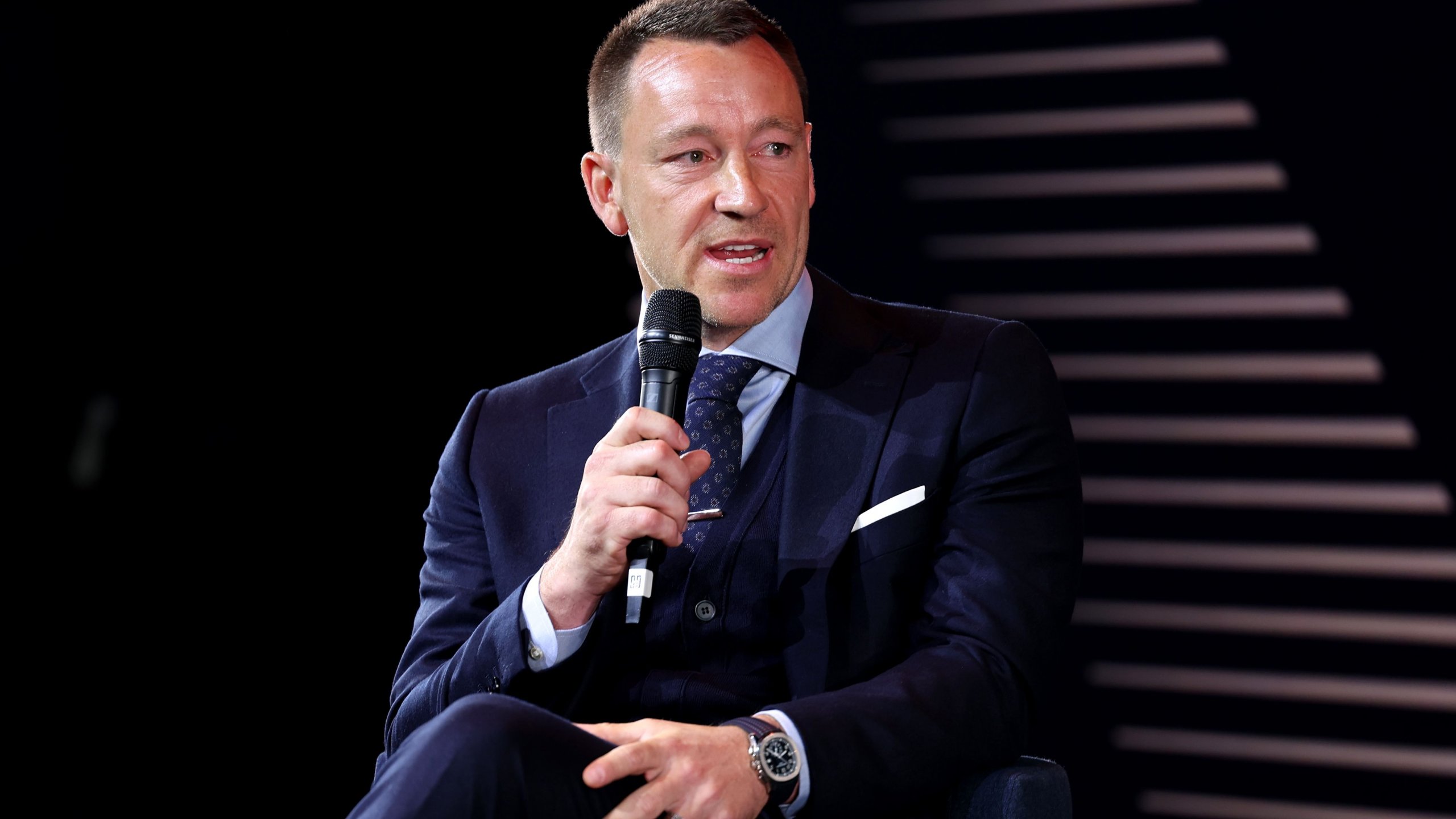John Terry Slams ‘Boring’ Modern Football
John Terry has never been one to mince his words, and the former Chelsea captain’s latest broadside at the state of the sport has struck a nerve among fans who share his frustration. Speaking on a recent podcast, the 43-year-old admitted he “rarely bothers” to watch elite matches anymore because, in his view, the modern game has become slow, over-coached and “really boring.” Terry’s comments have reopened the debate about whether tactics and data are strangling the spontaneity that made football the world’s favourite sport.
John Terry’s Main Gripes With Today’s Game
In the interview, John Terry didn’t hold back. He argued that matches are too often decided on ball retention for its own sake, with centre-backs recycling possession horizontally and midfielders playing risk-free five-yard passes. The former England skipper claimed that strikers have “almost forgotten” how to make instinctive runs because coaches over-analyse every phase of play. According to Terry, this obsession with control leaves supporters watching sterile chess matches rather than the unpredictable contests they grew up loving.
VAR and Over-Regulation
While tactics were his main target, Terry also criticised the rise of VAR. He believes constant stoppages for reviews interrupt the flow, sap the drama and dilute the emotion that made scoring or defending a pivotal moment feel special. “You never know whether to celebrate,” he said, echoing a complaint voiced weekly in Premier League stadiums up and down the country.
“People Are Fed Up” – Why Fans Are Turning Away
The primary focus keyword John Terry insists that dwindling TV audiences and half-empty Champions League group-stage fixtures are proof that fans are “fed up.” Statistics appear to back him up: research by UK broadcasting watchdog Ofcom recently showed a 7 percent year-on-year drop in live Premier League viewing in the under-25 demographic. Social-media sentiment also reflects fatigue with constant rule tweaks, late kick-offs for international markets and ever-increasing ticket prices.
Baller League: A Breath of Fresh Air?
Interestingly, Terry praised the newly launched Baller League, a seven-a-side tournament screened on streaming platforms, as an antidote to the “possession-obsessed” top flight. With smaller pitches, rolling substitutions and a shot clock, the games tend to produce more goals and fewer stoppages. Terry believes this kind of innovation may be necessary to re-ignite fan passion and give young players room for creative expression.
Coaching Culture Under the Microscope
Coaching, in John Terry’s view, has become too rigid. “Everything is about patterns,” he remarked, comparing current training sessions to “dance routines” that leave no room for individual improvisation. Former Liverpool defender Jamie Carragher partially agrees, noting that academies now prioritise technical security over street-football instincts. Critics counter that modern coaching has produced more tactically versatile players, but Terry argues that the trade-off is a “loss of soul.”
Is Data Analysis to Blame?
Analysts caution that data isn’t the villain—misuse is. Clubs crunch numbers to reduce risk, but when spreadsheets override intuition, spontaneity suffers. Terry’s Chelsea sides of the mid-2000s were meticulously prepared under José Mourinho, yet they still relied on moments of daring from Didier Drogba or Arjen Robben. Today, according to Terry, managers often “coach the courage out of players.”
What John Terry Wants Football to Rediscover
A return to direct, high-tempo play is Terry’s prescription. He highlights the 2004-05 Premier League campaign—his first as captain—as a model: “End-to-end football, full-blooded tackles, keepers launching counters.” He isn’t calling for a total rejection of tactical sophistication; rather, he wants the balance redressed in favour of entertainment. In short, Terry longs for a game that combines the intelligence of modern pressing systems with the raw excitement of past eras.
Management Ambitions Remain
Despite his disenchantment, John Terry still harbours coaching ambitions. Last month, he reiterated his desire to take a managerial role, perhaps abroad where “expectations are different.” Friends say he plans to blend data with an “attack-first” philosophy if given the chance—an approach that could test whether his criticisms of the status quo are valid in practice.
How Clubs Could Respond to Terry’s Critique
1. Encourage risk-taking incentives in youth setups.
2. Limit backward-passing quotas in training games to promote verticality.
3. Cap VAR consultation times to 30 seconds to keep momentum alive.
4. Pilot fan-engagement sessions where supporters discuss style of play with analysts.
Some clubs, such as Brighton and Aston Villa, already mix progressive tactics with flair, suggesting Terry’s vision is achievable. Yet the financial stakes in the Premier League make risk aversion tempting. Television deals worth billions incentivise survival over spectacle, meaning fan-led pressure may be the catalyst for change.
Media’s Role in Shaping Perception
Pundits often praise possession statistics because they are measurable, allowing broadcasters to fill airtime with easy graphics. John Terry argues that such metrics oversimplify success and condition viewers to value sterility. A more balanced commentary that rewards attacking intent could help shift the narrative and encourage teams to entertain.
Opinion: Does Terry Have a Point?
In my view, John Terry is tapping into a genuine sense of disappointment among long-time supporters. While the game is technically better than ever, its emotional peaks have levelled off. Data and tactical nuance should enrich football, not smother it. Terry’s blunt assessment might be extreme, but it serves as a valuable reminder that the heart of the sport is joy, jeopardy and unpredictability. If the industry can harness analytics without sacrificing those elements, football’s best days still lie ahead.
Your global gateway to nonstop football coverage:
News Goal
Share this content:

